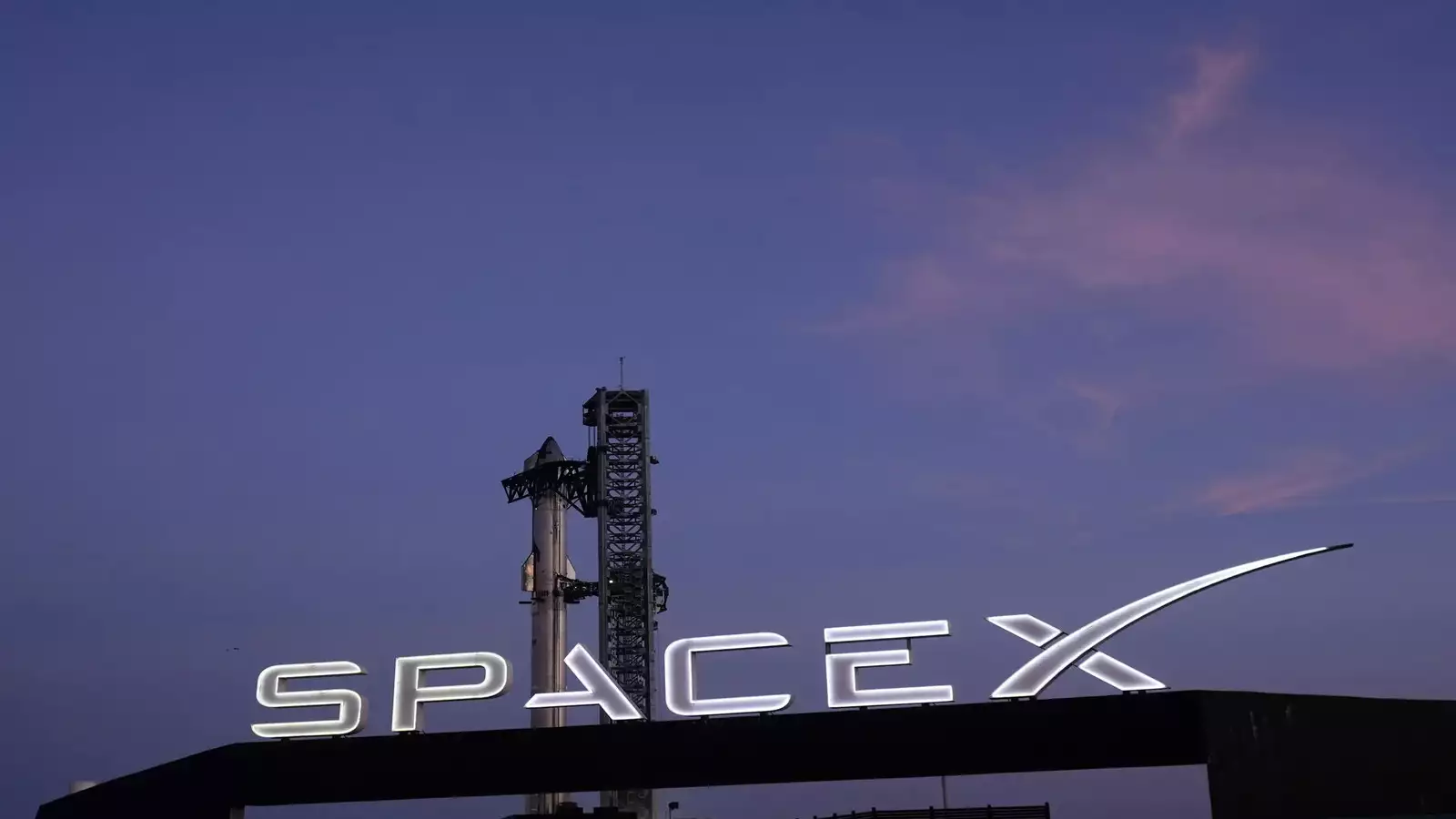Introduction
Elon Musk’s SpaceX has revolutionized space exploration with ambitious goals—most notably, colonizing Mars. The company’s achievements, from reusable rockets to the Starship project, are undeniably impressive. But as SpaceX captures headlines with its interplanetary ambitions, a critical question arises: Is the dream of Mars distracting us from solving urgent problems here on Earth?
Climate change, inequality, political instability, and resource depletion demand immediate attention. While space exploration inspires innovation, critics argue that pouring billions into Mars colonization might be a costly diversion when Earth faces existential crises. This article examines both sides of the debate: the promise of interplanetary expansion versus the moral obligation to prioritize our home planet.
The Case for Mars: Why SpaceX’s Mission Matters
1. Ensuring Human Survival
One of Musk’s primary arguments for Mars colonization is planetary redundancy—the idea that humanity should become a multi-planet species to avoid extinction from asteroid impacts, nuclear war, or ecological collapse.
- Asteroid Threats: Earth has faced mass extinctions before (e.g., the dinosaurs). A Mars colony could preserve humanity.
- Climate Catastrophes: Even if Earth becomes uninhabitable, a self-sustaining Mars colony ensures survival.
2. Driving Technological Innovation
SpaceX’s Mars mission pushes engineering boundaries, leading to breakthroughs that benefit Earth:
- Renewable Energy: Mars missions require efficient solar power and energy storage, which could improve green tech on Earth.
- Advanced Manufacturing: 3D-printing habitats on Mars could revolutionize construction industries.
- Medical Advances: Space medicine research helps with bone density loss, radiation shielding, and telemedicine.
3. Economic Expansion
Mars could become a new frontier for industry and commerce:
- Asteroid Mining: Mars’ proximity to the asteroid belt could unlock rare minerals.
- Space Tourism & Research: A Martian economy could create jobs and new scientific fields.
4. Inspiring Global Unity
Just as the Apollo missions united people in the 1960s, a Mars mission could reignite global cooperation in science and exploration.
The Counterargument: Are We Neglecting Earth?
Despite these potential benefits, critics argue that Mars colonization is an expensive fantasy that distracts from real-world crises.
1. The Cost of Colonization is Astronomical
- SpaceX estimates that sending humans to Mars could cost 10–100 billion per mission.
- Maintaining a permanent colony would require trillions over decades.
- Opportunity Cost: These funds could instead go toward:
- Ending global poverty ($300 billion/year, UN estimate)
- Transitioning to 100% renewable energy ($50 trillion by 2050, IRENA)
- Solving water scarcity ($1 trillion for global infrastructure)
2. Earth’s Problems Are Here and Now
- Climate Change: The IPCC warns we have less than a decade to prevent catastrophic warming.
- Inequality: The richest 1% emit more than double the CO₂ of the poorest 50% (Oxfam).
- Political Instability: Wars, pandemics, and AI risks demand immediate attention.
Would a Mars colony benefit a privileged few while billions suffer on Earth?
3. Mars is a Hostile Environment
- No Breathable Air: Terraforming Mars would take centuries (if possible).
- Deadly Radiation: Without a magnetic field, solar radiation makes long-term survival risky.
- Psychological Strain: Isolated, confined living could lead to mental health crises.
4. The “Escape Hatch” Mentality is Dangerous
Musk has called Mars a “backup drive” for civilization. But this mindset risks abandoning Earth rather than fixing it.
- Moral Hazard: If billionaires believe they can flee to Mars, will they neglect climate action?
- Who Gets Left Behind? Only the ultra-rich may afford Mars tickets, leaving others stranded on a dying planet.
A Balanced Approach: Can We Do Both?
The debate shouldn’t be Mars vs. Earth—but rather, how to balance both.
1. Space for Earth: Using Space Tech to Solve Terrestrial Problems
- Satellite Monitoring: SpaceX’s Starlink aids disaster response and internet access.
- Climate Modeling: Space-based sensors track deforestation and emissions.
- Asteroid Defense: NASA’s DART mission shows we can protect Earth from space threats.
2. Prioritizing Sustainability in Space Exploration
- Green Rocket Fuels: SpaceX is developing methane-based engines, which could be carbon-neutral.
- Space Debris Cleanup: Preventing orbital pollution is crucial for future missions.
3. Ensuring Equitable Benefits
- Global Collaboration: Mars missions should involve international partners, not just private corporations.
- Funding Public Science: Governments must balance SpaceX’s ambitions with climate and social programs.
Conclusion: Mars Can Wait, Earth Cannot
SpaceX’s vision for Mars is bold and inspiring—but it shouldn’t come at the expense of solving Earth’s urgent crises. We must fix our home before building a new one.
A sustainable approach would:
✅ Invest in climate solutions first (renewables, carbon capture, conservation).
✅ Use space technology to benefit Earth (disaster response, clean energy).
✅ Ensure Mars missions are ethical and inclusive, not just an escape for the elite.
Mars may be humanity’s future—but Earth is our present. Let’s not get so lost in the stars that we forget the planet beneath our feet.
Final Thought:
“We did not inherit the Earth from our ancestors; we borrowed it from our children.” — Native American Proverb.



